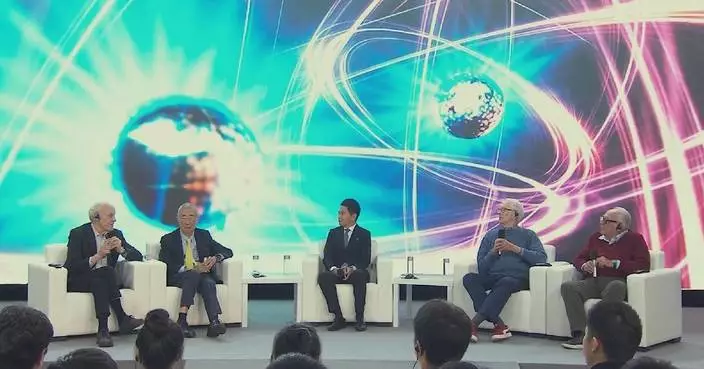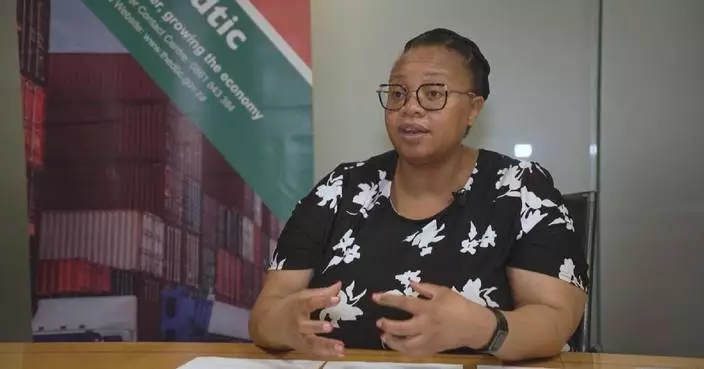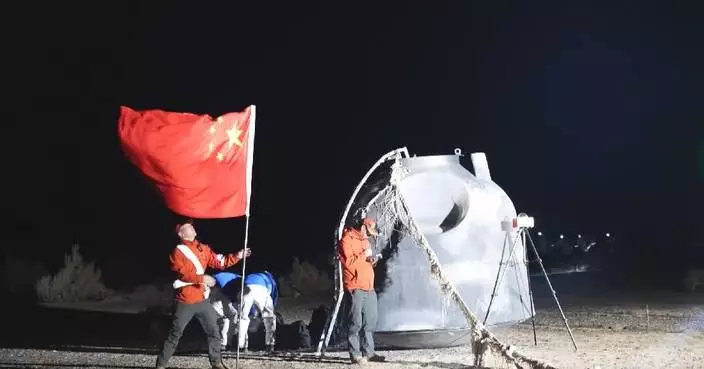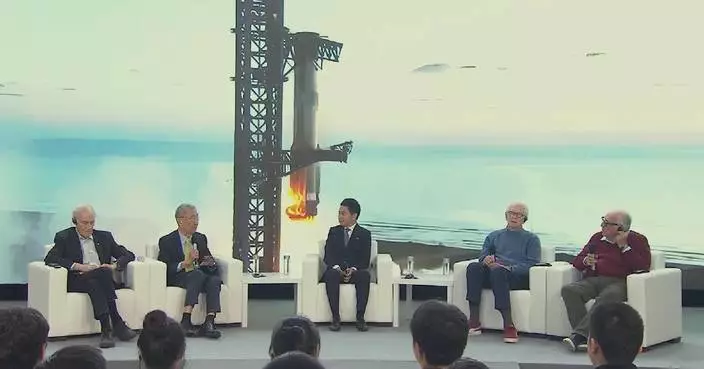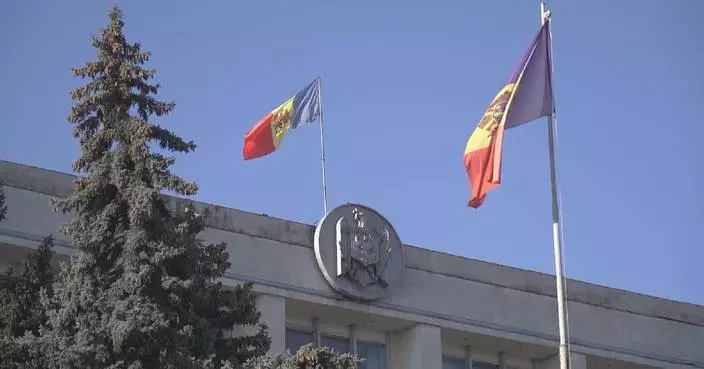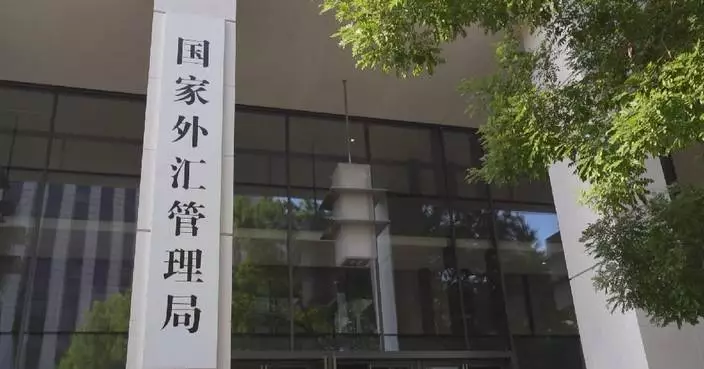To support the China International Import Expo (CIIE), Chinese customs has further streamlined the clearance process for exhibitors' plants and animal products.
In preparation for the CIIE, Shanghai Customs has set up special channels for exhibitors, and adopted a fully paperless process. Exhibitors can submit applications online and receive their entrance approvals within 48 hours.
"We have opened special-purpose channels for imports, providing 24 hours by 7 days inspection booking services. At the inspection site, we have also set up special channels for CIIE goods to ensure that the exhibits can be inspected and approved right upon arrival," said Zhang Shujun, section head of the Goods Control Bureau of Shanghai Pudong Airport Customs under Shanghai Customs.
Now the first batch of avocados from Australia, which is yet to acquire China's quarantine access, has already entered Shanghai and is ready to for exhibition, thanks to the CIIE special permission policy.
The General Administration of Customs (GAC) rolled out a policy last year to grant special permission for CIIE exhibits, which allows plant and animal products without quarantine access from non-epidemic areas to enter the Chinese border for exhibition in the prerequisites that the assessment has confirmed that the risks are controllable. To further streamline the customs clearance procedure, the GAC authorized Shanghai Customs to handle the permissions directly this year.
"In the past, animal and plant products without quarantine access could not enter China. The special permission policy now allows these exhibits to appear at the CIIE. This year, we have stepped up the policy support, and reduced the scope of products required for special permissions. Previously such permissions could only be granted by the General Administration of Customs, but this year, authorized by the GAC, they could be acquired from the Shanghai Customs. This has further shortened the approval process and improved the efficiency," said Cui Jinlu, section head of the Shanghai Customs Animal and Plant Quarantine Bureau.
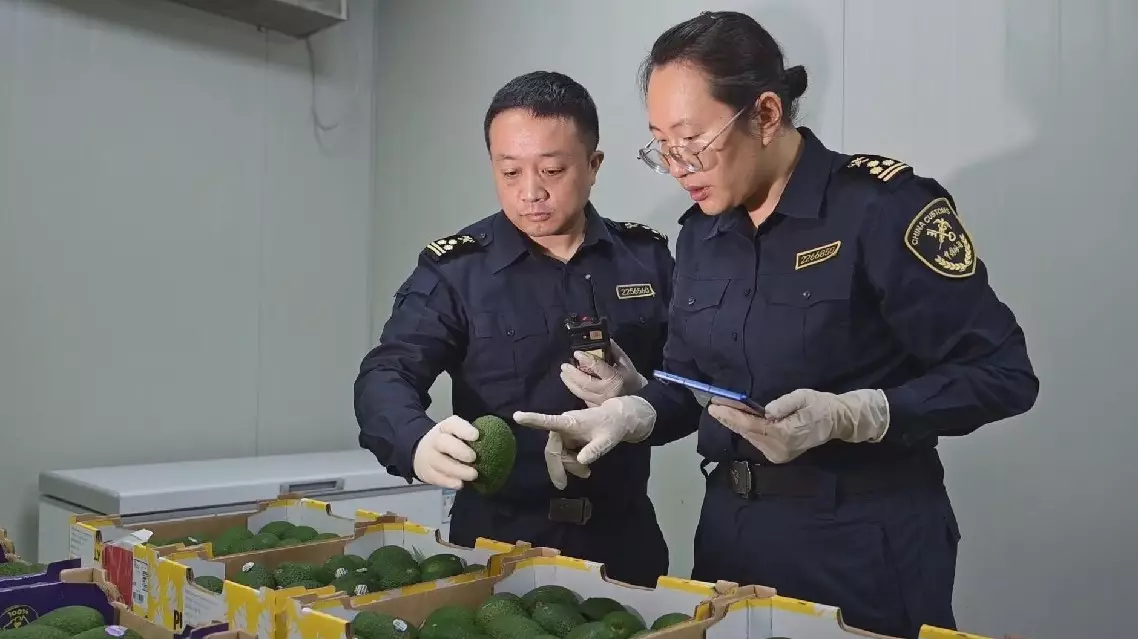
Customs streamline clearance process for CIIE
Nobel Prize in Physics laureate Prof. Samuel Ting has shared his story of discovering the J/psi meson, a subatomic particle that sheds new light on the theory that there existed a fourth quark, with one in a billion odds.
Ting, who discovered the particle in 1974 and received the Nobel Prize two years later, shared his story in an interview with China Media Group while attending a symposium commemorating the 50th anniversary of the discovery of the J/psi meson in Beijing on Oct. 20.
The finding marked "a pivotal moment" in the understanding of the subatomic world, which was referred to "November Revolution of the Particle Physics", said the Institute of High Energy Physics of the Chinese Academy of Sciences, host of the symposium, in a statement.
"[The experiment] was really difficult. The experimental equipment we needed should have an accuracy of as high as one part per billion. It is like, if it rains in Beijing, and there is one red raindrop among a billion fell in one second, we need to find it out. This was widely considered as impossible. Some laboratories that had particle accelerators in Europe and the United States refused to do the experiment. Finally, it was accepted by the Brookhaven National Laboratory in the United States," said Ting.
Also speaking at the symposium, Ting's friends recounted how they reacted to Ting's extraordinary finding when hearing about it.
"Was I shocked. I was wakened out of a deep sleep when Doctor Ting phoned me and said I should come to his office. He did not explain why. So, I got dressed, and I got into my car, and I drove to MIT (Massachusetts Institute of Technology) and found his office. He explained to me what he had done and showed me a picture of his experimental results. And I was absolutely flabbergasted. It was something extraordinary, very difficult to understand, and I think I said to him 'please give me a moment to think about this," said Sheldon Glashow a friend of Ting and a winner of Nobel Prize in Physics in 1979.
"I was in Italy at the time, so, the thing was not so instantaneous as Shelly, but I must say that the particle came out with some surprising qualities," said Luciano Maiani, former director-general of the European Organization for Nuclear Research.
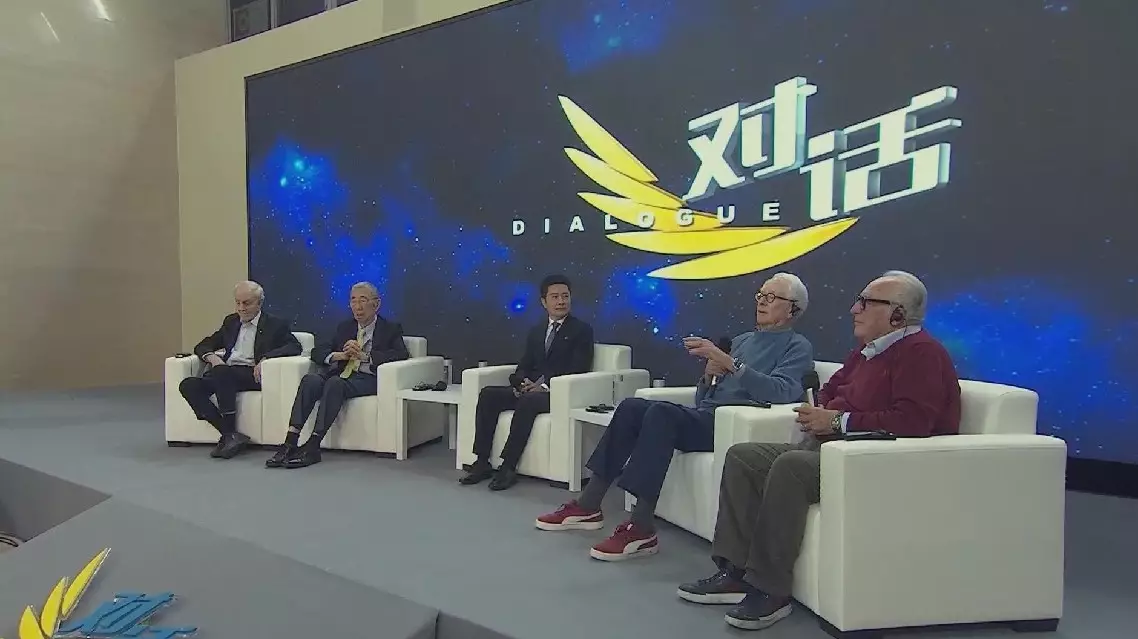
Nobel prize laureate shares story of discovering J/psi meson with one in a billion odds




